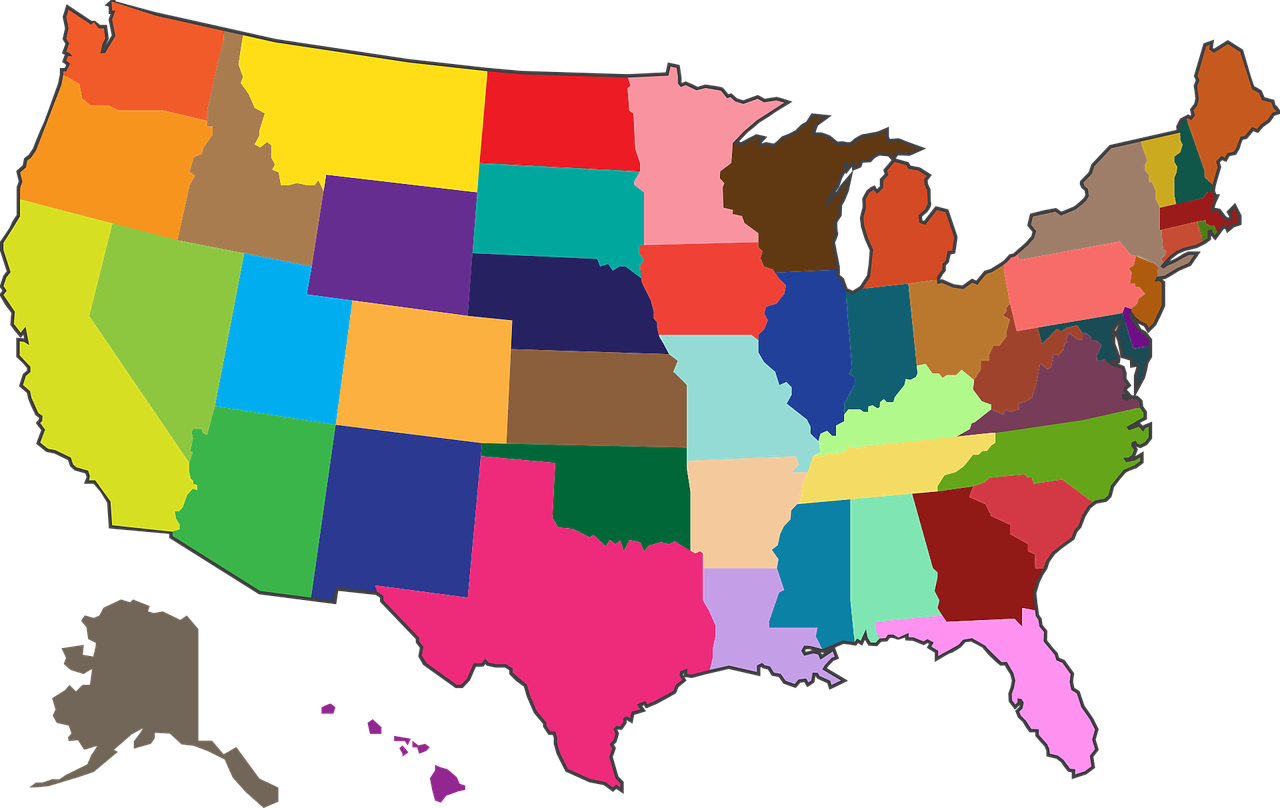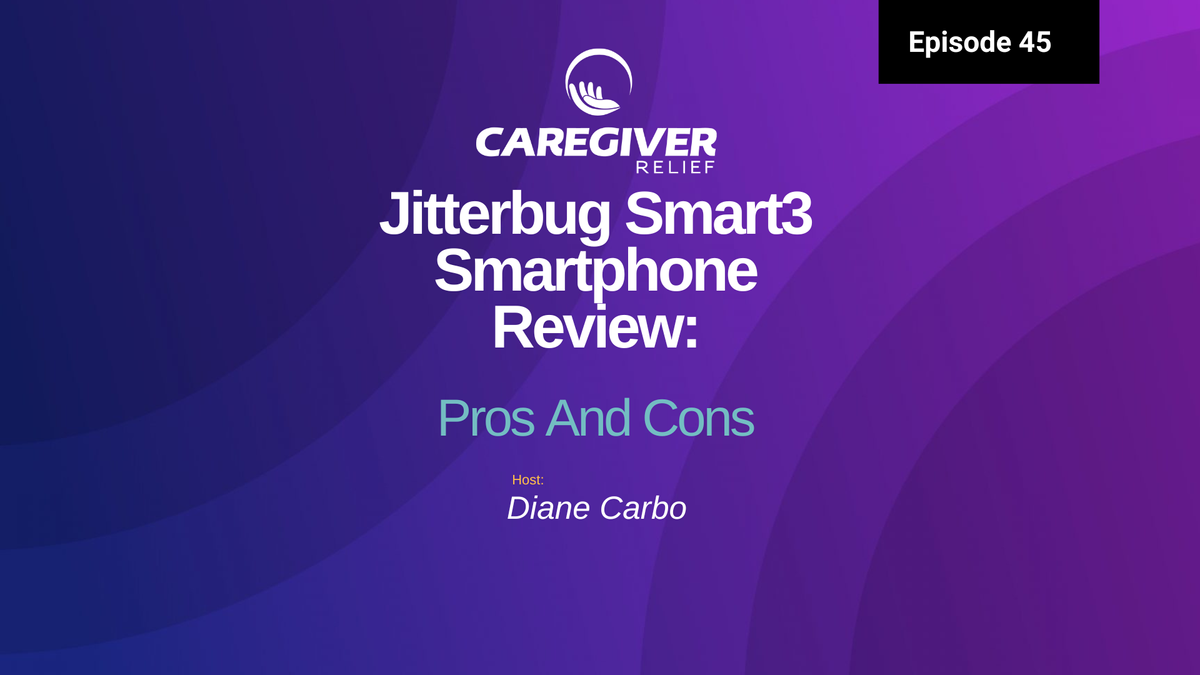Taking Care of Elderly Parents: A Growing Challenge Among Baby Boomers
As baby boomers become caregivers to their parents with dementia, a comprehensive Geriatric Care Assessment can make all the difference. Learn about the options and services available to ease the burden of long-term caregiving, and how to navigate the maze of Alzheimer's care.

The responsibility of caring for elderly parents is rapidly emerging as a significant challenge faced by the baby boomer generation.
Baby boomers are increasingly finding themselves in the role of caregivers to their parents, particularly those suffering from dementia. Shockingly, almost one new case of dementia caregiving is added to their already busy lives every minute. Alzheimer's disease, accounting for approximately 50% of cases, disproportionately affects individuals over the age of 85.
A striking observation from Van Nuys, CA on August 30, 2012, highlights this emerging trend: "Every day, I am seeing more and more 'boomers' hit the wall – caring for their own children, nurturing their own marriage, and then having mom and dad start falling apart."
This shift in roles has been catalyzed by the aging of the baby boomer generation. With the leading edge of this generation reaching the age of 65, many are now confronting the realities of their parents reaching the age of 85 or beyond. Statistics from the Centers for Disease Control and Prevention (CDC) indicate that nearly half of adults aged 85 and above suffer from Alzheimer's disease. Additionally, the National Institute on Aging projects that individuals diagnosed with Alzheimer's can live for up to 20 years following diagnosis, making early onset Alzheimer's a concern as well.
Sadly, instead of anticipating their own retirement and relaxation, baby boomers are grappling with the complex demands of caring for a parent with a progressively degenerative and irreversible illness. The toll of Alzheimer's extends beyond memory loss, affecting judgment, reasoning, and overall cognitive function, necessitating constant care and supervision.
For families confronted with the intricate web of healthcare options, services, and products, a lifeline has emerged: the Geriatric Care Assessment. This comprehensive tool, expertly wielded by Gerontologists or Geriatric Care Managers, is instrumental for families embarking on long-term caregiving journeys. Covering a spectrum from the individual's physical environment to financial considerations and family support structures, these assessments offer indispensable guidance.
Previously, the construction of a geriatric care plan required a skilled professional due to the complexity of Alzheimer's progression. However, as awareness about the disease has grown, along with the proliferation of services and programs, family caregivers have become adept at following these care plans, and with proper guidance, they can even develop their own.
The financial strain of Alzheimer's is a significant factor, with care costs exceeding 161 billion dollars in 2011 for Americans. This encompasses medical expenses, lost wages, private nursing, and assisted living, further compounding the stress associated with caregiving. Many caregivers express the need for guidance, but the cost of professional assistance remains a barrier. In the words of Mr. Vanderhider, "I can see in my client’s eyes that they desperately need the guidance, but they JUST can’t swing the expense."
Alzheimer's remains a pressing concern, with a new case arising nearly every minute. The United States currently reports over 6 million cases of Alzheimer's, and there are more than 10 million unpaid caregivers (primarily family members) in need of a reliable roadmap to navigate the complexities of Alzheimer's care. Although resources like Caregiverrelief.com offer valuable insights, few provide the practical tools necessary to effectively apply this newfound knowledge.
You might also like this article:

















